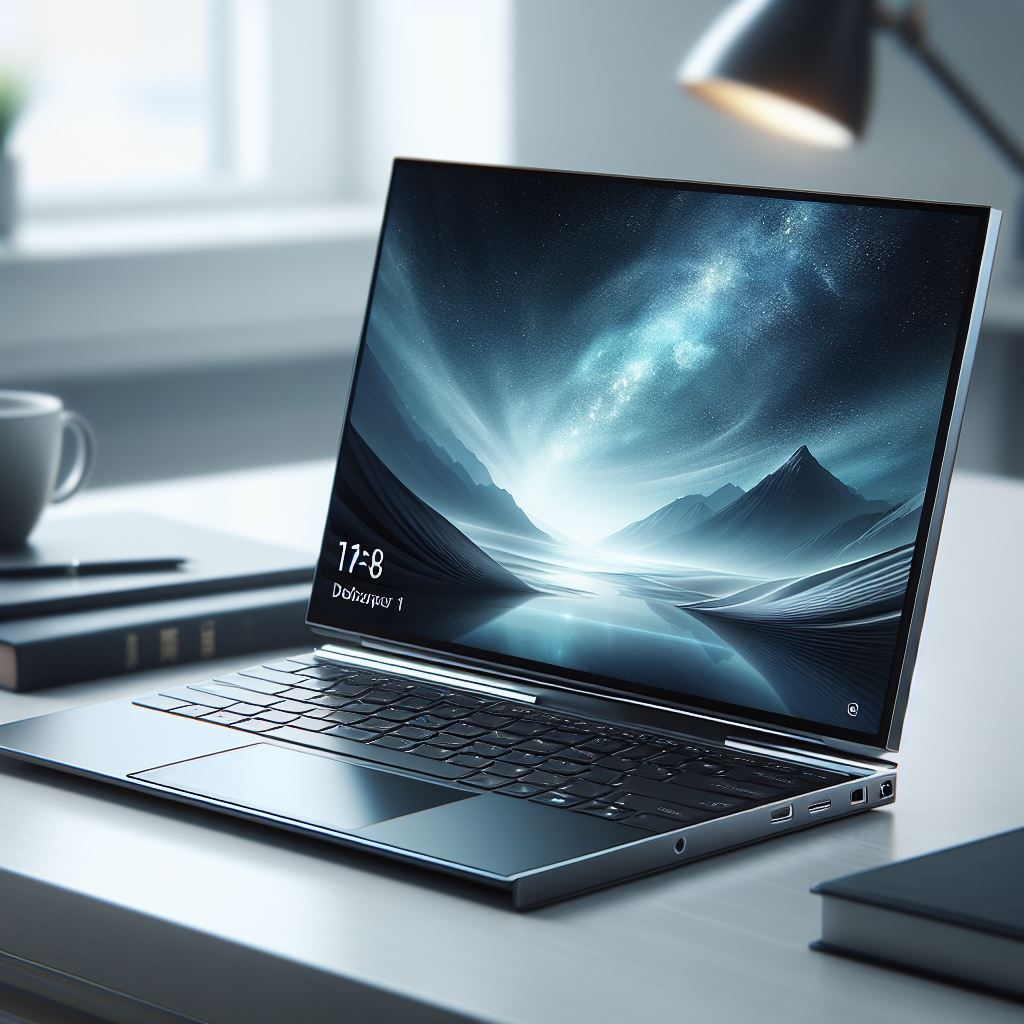What is a laptop?
A laptop computer, short for "notebook computer" is a compact, portable personal computer designed for use while traveling.
Unlike desktop computers, laptops are self-contained units with a built-in keyboard, screen, touchpad or pointing device, and speakers.
Its design emphasizes portability, allowing users to take their computing power wherever they go.
Unlocking the World of Laptops: A Complete Guide for Students
In the fast-paced world of technology, laptops have become an integral part of our daily lives, especially for students. Whether attending virtual classes, conducting research, or simply staying connected, laptops play a crucial role in facilitating our academic and professional endeavors.
In this article we will delve into the various aspects of laptops, from their definition and invention to their characteristics, types and advantages over desktop computers.
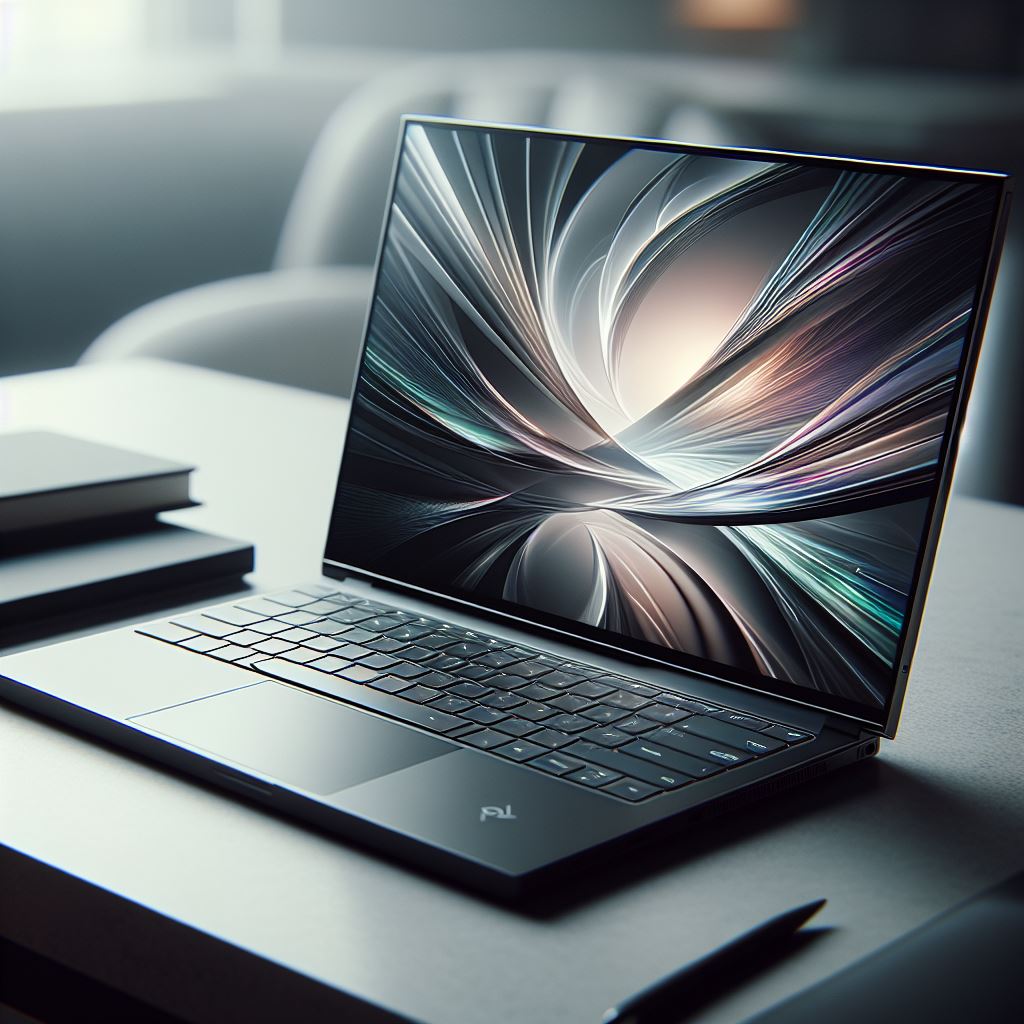
What is a laptop used for?
Laptops serve a multitude of purposes for students. They are not simply devices for browsing social media or streaming entertainment.
They are powerful tools for academic and professional activities. Students use laptops for tasks such as word processing, creating presentations, conducting online research, attending virtual classes, and collaborating on group projects.
Additionally, laptops are essential for programming, graphic design, and other specialized tasks depending on the user's field of study.
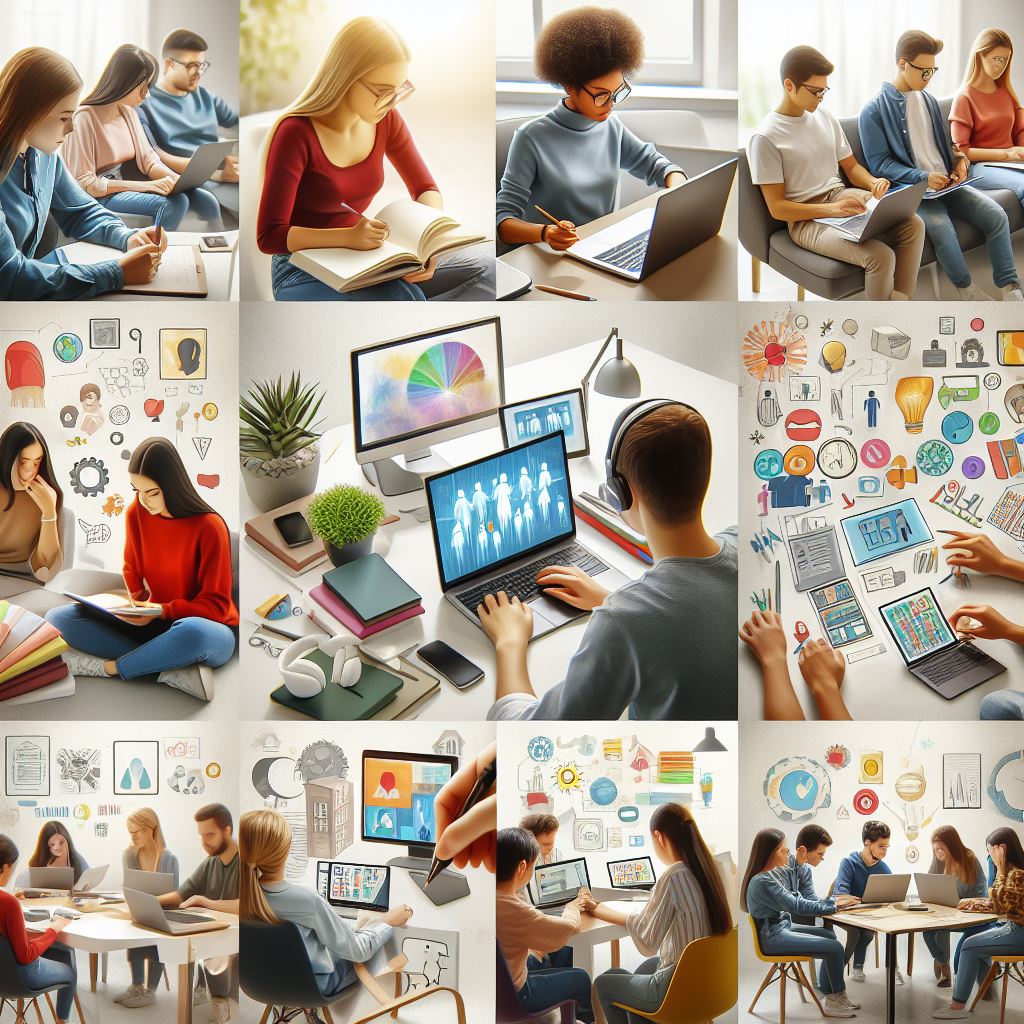
Who invented the laptop and in what country?
The concept of the laptop computer dates back to the 1970s, and credit for inventing the laptop computer is often attributed to Alan Kay, an American computer scientist.
However, it was not until the 1980s that the first commercially available laptop computer, the IBM 5100, came to market.
The development of laptop computers involved contributions from various individuals and companies, but Alan Kay's vision laid the foundation for the portable computing revolution.
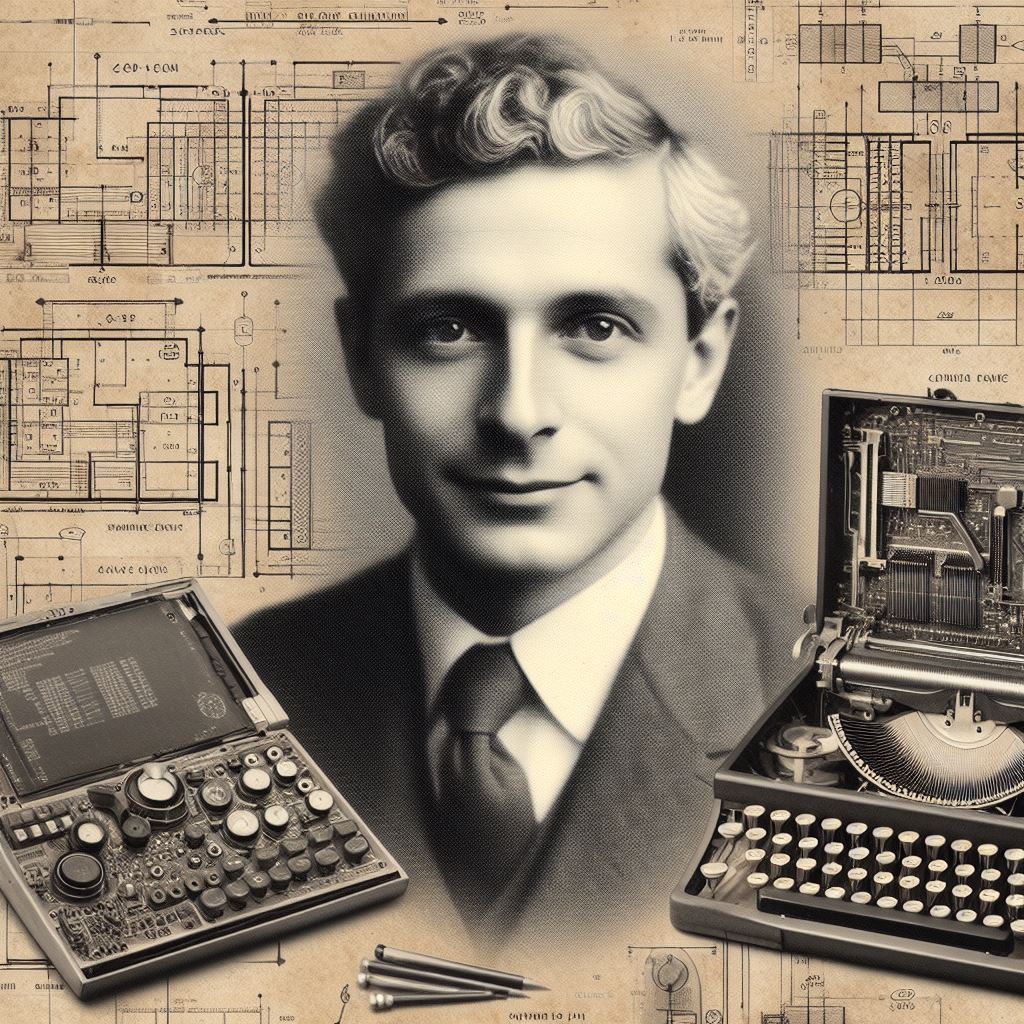
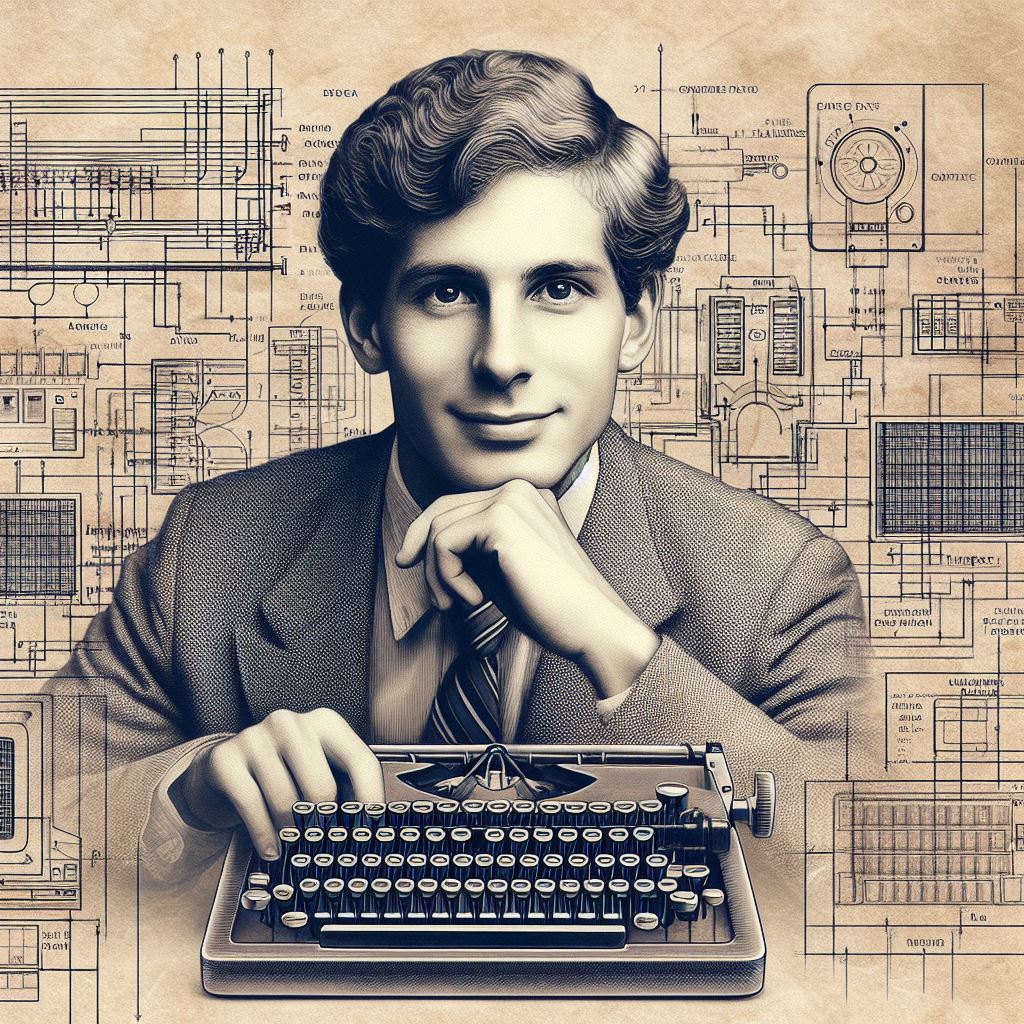
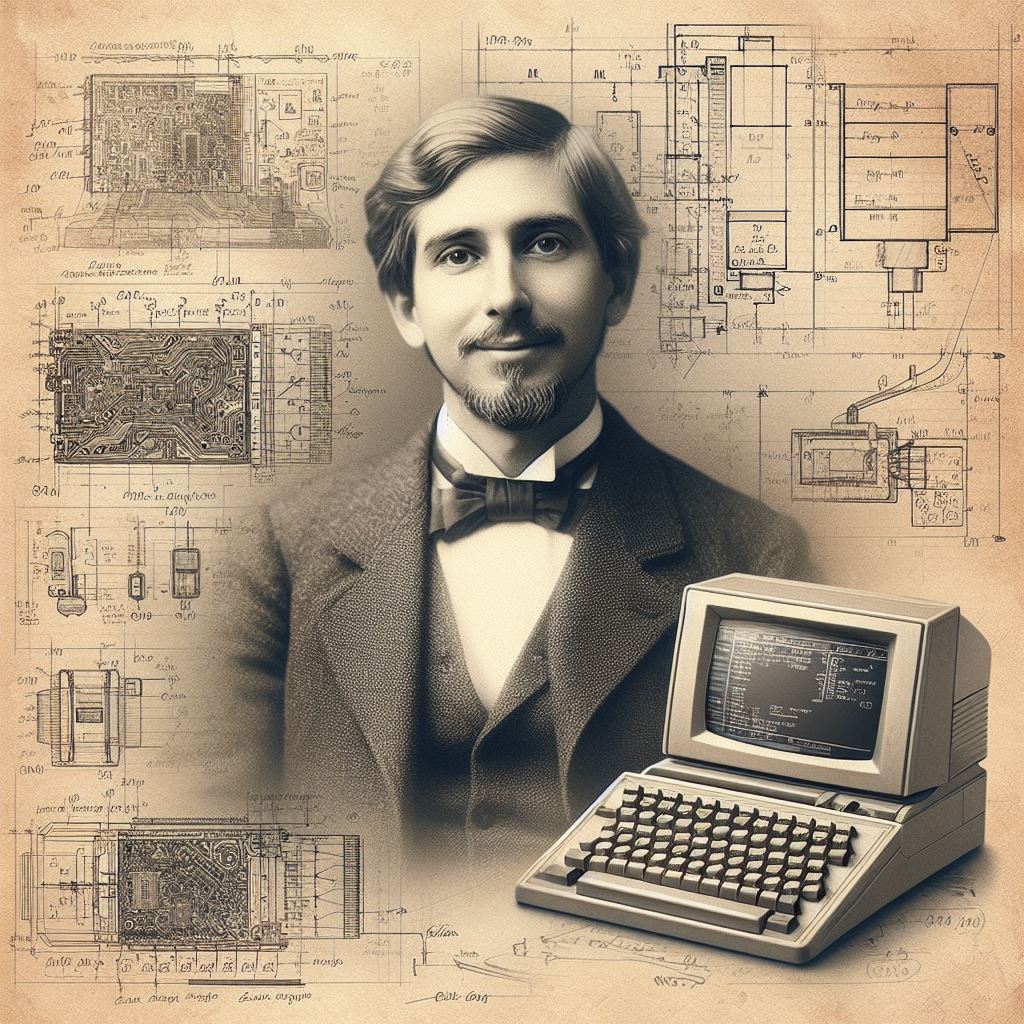
What was Apple's first laptop?
Apple, known for its innovative products, introduced its first laptop computer, the "Macintosh Portable," in 1989. While the Macintosh Portable was an innovative device, it was relatively heavy and lacked the compact form factor that computers are known for. modern laptops.
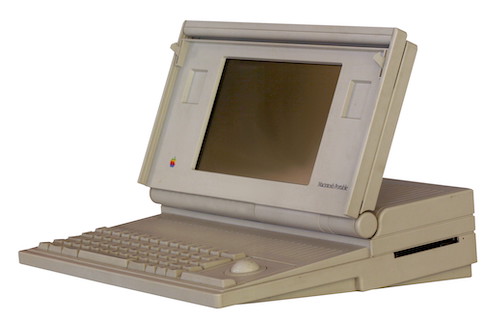
Apple continued to refine its laptop designs over the years, leading up to the iconic MacBook series we know today.
Why is a laptop better than a desktop?
Laptops offer several advantages over desktop computers, making them the preferred choice for many students. The main advantage is portability.
Laptops allow users to work or study from anywhere, providing flexibility and convenience. Additionally, laptops integrate all essential components into a single unit, eliminating the need for a separate monitor, keyboard, and CPU.
Modern laptops also feature powerful hardware specifications comparable to desktop computers, making them suitable for a wide range of tasks.
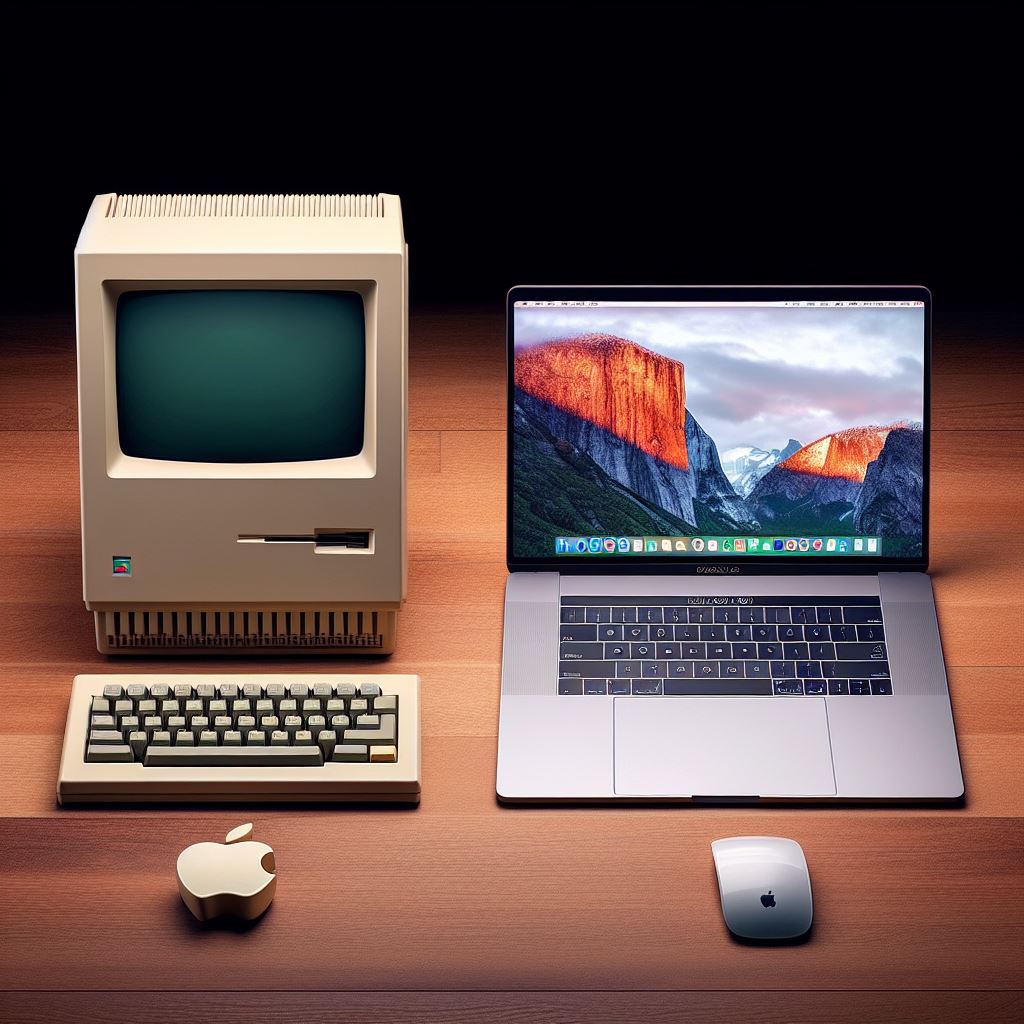
Laptop Features
Laptops come with a wide variety of features that meet the various needs of the users. Common features include
- High-resolution displays
- Powerful processors
- Ample storage space
- Various connectivity options such as USB, HDMI, and Wi-Fi ports.
Many laptops also feature webcams and microphones for video conferencing, an essential aspect of remote learning and virtual collaboration.
Types of laptops
Laptops come in various types, each tailored to the specific requirements of the user.
- Ultrabooks are lightweight and ultra-portable, ideal for students who prioritize mobility.
- Gaming laptops, equipped with high-performance graphics cards, are aimed at gamers and those performing graphics-intensive tasks.
- 2-in-1 laptops combine the functionality of a laptop and a tablet, offering a versatile computing experience.
What is the difference between laptops and desktop computers?
While both laptops and desktop computers serve the same fundamental purpose, they differ in design, portability, and usage scenarios. Desks are stationary and often feature larger screens and more extensive storage options.
Laptops, on the other hand, are designed for mobility, featuring a compact form factor and integrated components.
In conclusion, laptops have become indispensable tools for students as they provide a versatile platform for learning, collaboration and productivity.
Understanding the history, features, and types of laptops can help students make informed decisions when selecting a device that fits their academic and lifestyle needs.
As technology continues to evolve, laptops will undoubtedly play a central role in shaping the future of education and professional endeavors.
